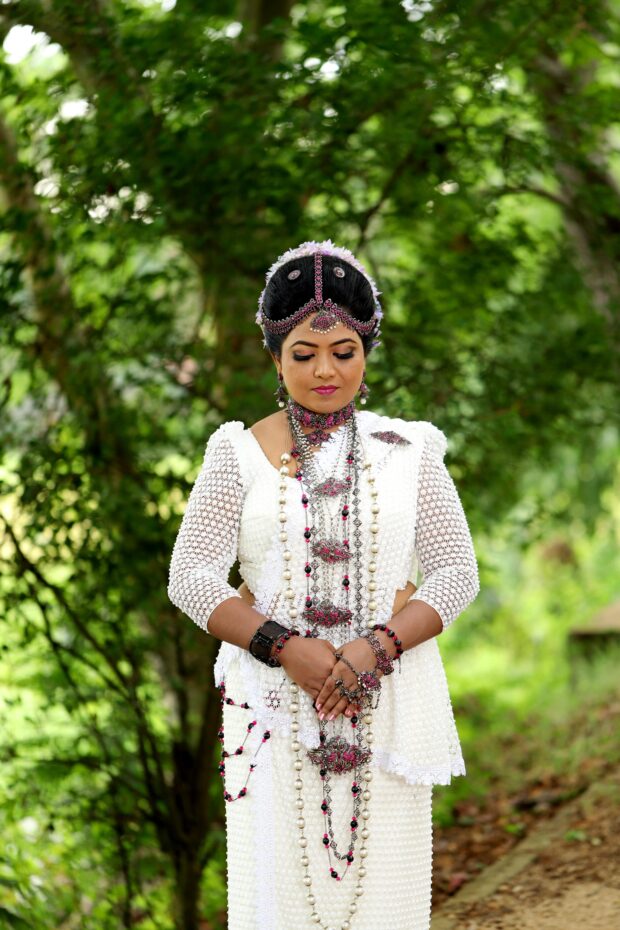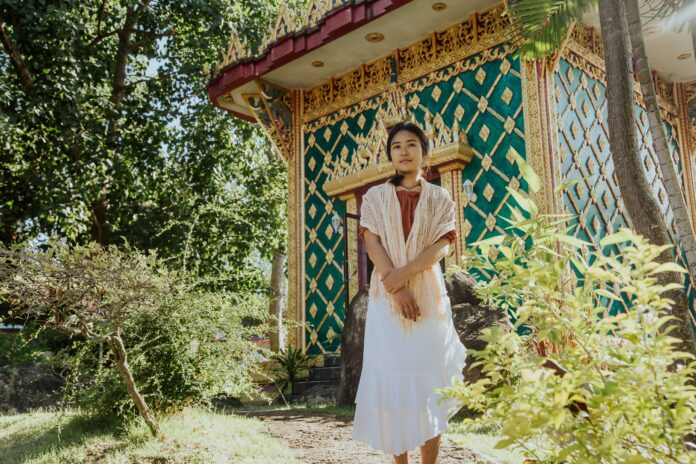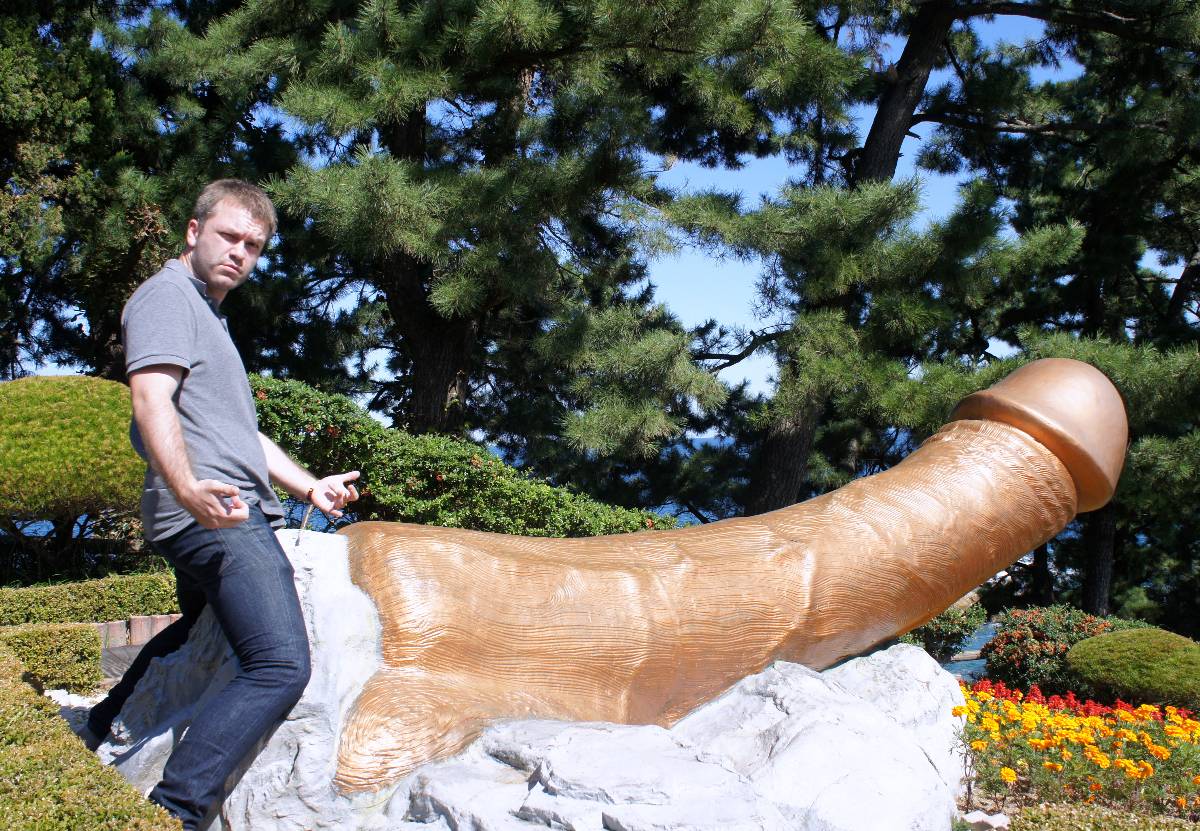In a society where weddings are typically associated with grandeur and richness, some couples often go for simplicity and mindfulness. Are you also one of those couples looking out for a simple ceremony on your big day? Then you’ve come to the correct place. In the latest trend, Buddha wedding vows are becoming increasingly popular as people are opting for Zen wedding.
Couples who want to follow the concept of Buddha wedding vows to bring knowledge and peace to their union. In this article, you’ll explore the core of these sacred vows and how they might create a lasting and meaningful connection. So, if you’re contemplating to learn more about this fascinating ceremony, read on to know more!
Table of Contents
What are Buddha wedding vows and what do they symbolize?
Based on the teachings of Siddhartha Gautama, the buddha wedding vows strongly emphasize love, compassion, and the ever-changing nature of life.
Beyond the materialistic parts of a wedding, these vows represent a meaningful declaration of commitment. They urge couples to go out on a path of self-exploration, understanding, and spiritual development.
But it is the honesty and simplicity of these vows which makes them so beautiful. It takes deep reflection and a strong commitment to Buddhist ideas to craft these vows.
The Eightfold Path, which is the Buddha’s template for a purposeful existence, serves as an inspiration to them. By including each step of the path, vows can be crafted to reflect the couple’s individual goals.
Traditional Buddha wedding vows are quite similar to Catholic wedding vows where the couple center around the exchange of vows.
In both these ceremonies, vows are the fundamental component of the institution of marriage, in which each partner voluntarily gives themselves to the other.
These vows are either performed aloud or quietly in front of a holy shrine that is decorated with candles, flowers, and an image of Buddha.
The serious connection between the couple is strengthened by the ritual setting, which gives the vows an additional spiritual feel.
Also visit: Christmas Gifts
Buddhist wedding ceremony
A Buddhist wedding honors the knowledge of Gautama Buddha and represents the couple’s commitment to wisdom, kindness, and peace throughout their journey together. It is a union based on Buddhist teachings.
In contrast to several other spiritual traditions, a Buddhist wedding is more about an individual decision rather than a sacrament. Rather than following strict rules, a Buddhist ceremony flows as a happy, adaptable occasion that naturally reflects each partner’s background.
Buddhist marriages make use of local customs that provide distinctiveness to the event. These customs are observed in many parts of the world. For instance, drinking rice wine in Japan or tying symbolic threads on the wrists in Cambodia.
Also, most Buddhist marriages usually take place without the official supervision of a monk or nun conducting the ceremony. Rather, couples often ask friends or other relatives to conduct the ceremony on their behalf. Quite fascinating, isn’t it?
These weddings, which culminate in vibrant musical notes and an extravagant feast, may exhibit subtle cultural differences. But ultimately, the couple honors friendships and family ties with a constant display of reverence. With unwavering dedication, they set out on a common path towards self-realization and fulfillment of their innate capabilities.
If you want to include Buddha wedding vows in your ceremony, you should think about setting up a holy area that symbolizes the peace and awareness these vows represent.
Select a calm area such as a garden or a Buddhist temple and decorate it with items that attract peace. Before saying your vows, spend some time together practicing mindfulness or meditation to establish a strong connection. This establishes the mood for an event that goes beyond the norm and brings a deep spiritual depth to your relationship.
Buddhist wedding rituals
Here is how a beautiful Buddhist wedding comes to life:
Meditation and prayers
A peaceful meditation is usually held at the beginning of a Buddhist wedding so as to emphasize compassion and mindfulness. Subsequently, a member of the wedding party might recite excerpts from renowned personalities such as Dalai Lama or D?gen from the Soto Zen sect. This is followed by readings from the Sigalovada Sutta, which offer the Buddha’s counsel on maintaining harmony in the marriage.

Vows
Some couples decide to become legally married either before or following their wedding ceremony. As an alternative, some choose a civil ceremony that includes vows. These vows might be anything from individually made sentiments to words recited by a Buddhist elder. They demonstrate the couple’s commitment to one another, while also accepting and appreciating the changes that will inevitably occur in their partnership.
Offerings to Buddha
The couples show their respect for Buddha by placing offerings to a statue that is modeled after him. They perform several rites, including a visit to a temple as part of the ceremony. They also light candles or burn incense while presenting the Buddha with thoughtfully organized offerings of food and flowers. After that, they take a silent minute to themselves, praying together in front of the idol.
Seeking blessings from monks or nuns
Buddhist monks or nuns are significant in Buddhist marriages. They are often invited as honored guests to bestow their blessings on the couple’s nuptials. Other times, couples also visit the temple, where they get blessings and good wishes from the local monks or nuns. This holy act gives the Zen wedding a more spiritual touch. It represents the couple’s adherence to Buddhist teachings and their desire for blessings for a happy and successful marriage.

Other rituals
Buddhist wedding ceremony is incomplete without a symbolic ritual that signifies the marriage. Although some couples choose to follow the Western custom of giving rings, other nations however, have their own distinctive customs.
For instance, in Cambodia, they tie a long white thread around the couple’s forehead or sometimes a scarlet string around their wrists as a symbol of oneness. Monks in Thailand however, bless the lovers with water by pouring it over their hands.
On the other hand, the Japanese custom entails sipping water from three distinct cups, each symbolizing the three “jewels” of the Buddhist tradition.
Wedding feast
As the wedding festivities come to an end, the guests settle in for a savory meal. Large family-oriented dishes take center stage on each table, encouraging a spirit of community sharing among all attendees.
Even though not all Buddhists follow a vegetarian diet, the feast makes sure that those who do not eat meat have other delectable options, fostering a peaceful and welcoming dining environment.
Dance and music
After a scrumptious meal, the guests present at the wedding come together to raise a toast to the newlyweds. This usually involves some dance and music to celebrate the special day.
A lively folk dance or a melodious performance with traditional music and instruments are often observed at such weddings. Guests express their happiness by dancing to the beats of Cantopop, Bollywood, or an eclectic combination of musical styles, transforming the dance floor into a bustling arena.
The fun doesn’t end here. The dance and music celebration is followed by exciting games and sometimes speeches, adding a fun layer to the celebration.
Final thoughts
In a culture that is obsessed with extravagance, a Buddha wedding provides couples with a peaceful and contemplative option. It fosters an enduring and profound bond that transcends the ordinary. Hence, the road of buddha wedding vows can be the ideal option for your journey of love and commitment if you’re looking for a simple wedding.
Buddha wedding vows serves as a deliberate choice to bring timeless wisdom and peace into your marriage. These vows represent a promise to a life of love, understanding, and spiritual development as you set out on this journey together.
FAQs
1. What are the differences between regular wedding vows and the Buddha wedding vows?
In Buddha wedding vows, couples make promises based on Siddhartha Gautama’s teachings. They place a strong emphasis on love, empathy, and the transience of life. Buddha wedding vows generally reflect the couple’s devotion to spiritual development amidst marital life.
2. Why are Buddha wedding vows are gaining popularity?
Buddha wedding vows are becoming increasingly popular among couples for its simplicity and mindfulness. The vows are profound and attentive, giving a spiritual element to a couple’s relationship. These vows promote self-reflection, understanding, and a dedication to Buddhist teachings.
3. Do I need to be Buddhist to following Buddha wedding vows?
Yes, regardless of their religious background, any marriage can include the Buddha wedding vows. The vows mainly center around the universal concepts of love, compassion, and self-awareness.
4. Why do couples weave red threads at Buddhist wedding ceremonies?
While water blessings are said to be cleansing and bestowing good fortune to the pair, tying red threads represents oneness. These customs give flavor to the event and differ depending on the culture.








